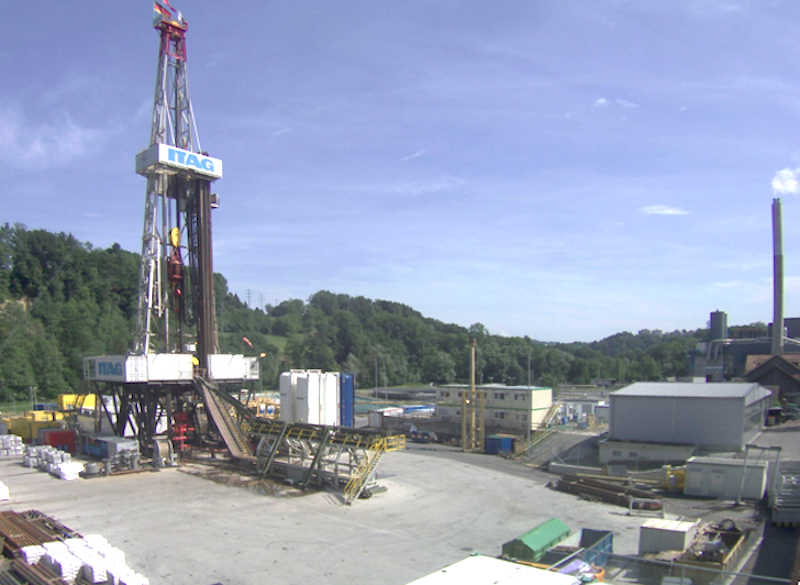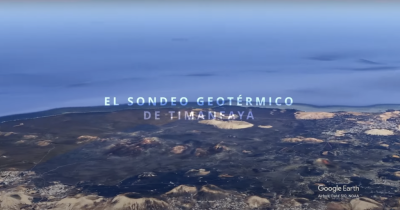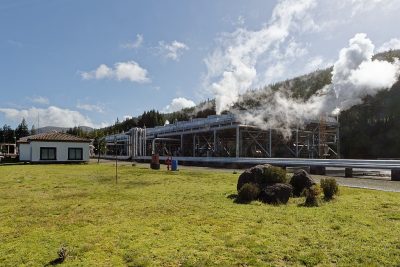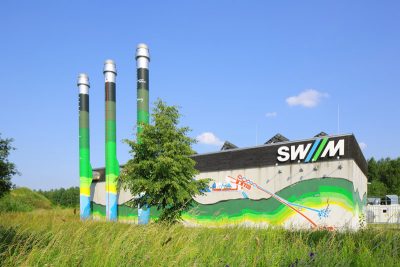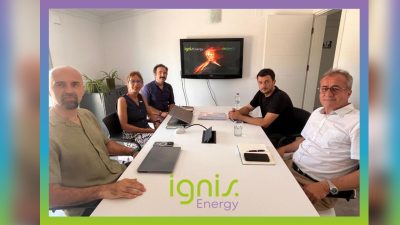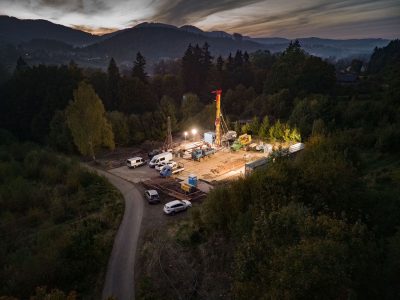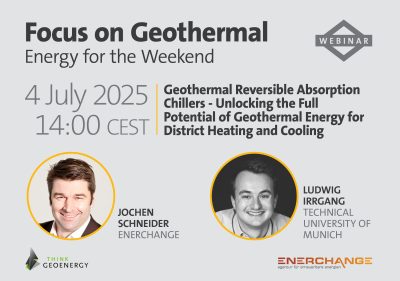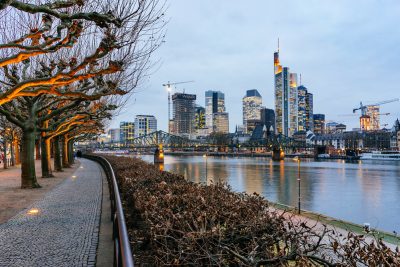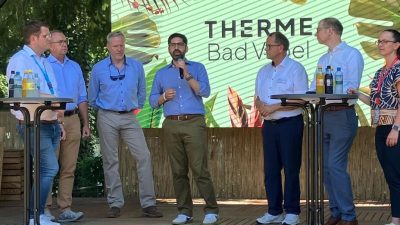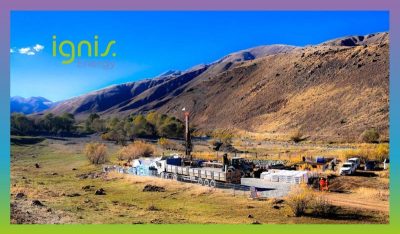Stronger emphasis needed on the societal context of geothermal project development
With geothermal development in Switzerland, it needs a stronger emphasis on the societal context of the project, as well as real inclusion of the population and demonstration of local benefits, so studies by a researcher of ETH Zurich.
Exploring research published by Olivier Ejderyan from ETH Zurich, Geothermie Schweiz, the Swiss Geothermal Association, shares details on the hard work of geothermal communication. In his research he comes to the conclusion that the social context of a geothermal project must be given more weight in Switzerland. Decisive for the success of the project is, among other things, a real inclusion of the population and the demonstration of a local benefit.
This short interview, with Olivier Ejderyan was published recently on the website of Geothermie Schweiz.
How do you generally assess the acceptance of geothermal energy in the Swiss population?
It is important to differentiate. The geothermal energy as an energy form is perceived mostly positive, in the Romandie a little stronger than in German-speaking Switzerland. The positive arguments – domestic resource, reduction of CO2 and thus a contribution to the Energy Strategy 2050 – are also reflected in the media coverage. Interestingly enough, negative aspects – especially the risks – outweigh the reporting when concrete projects are addressed.
Why is that?
In the context of geothermal energy, many people still think of Basel and St. Gallen (seismic event and project stop). The comparison to these projects also draw the media again and again. There is a so-called “framing” instead. Specifically, this means that from the beginning the media will provide a framework for the debate. Within this framework, people in this example weight disproportionately the earthquake risk.
So what do you advise the initiators of geothermal projects? How can such framing be avoided?
It can not be avoided, because the examples of Basel and St. Gallen are given. It would certainly be helpful if mid-depth and deep geothermal projects were successfully implemented in the coming years. Then I am convinced that acceptance for geothermal energy will increase significantly. The decisive factor for the next projects is the communication. It is not enough just to present the project and highlight the general benefits of geothermal energy. The context needs to be analyzed and the focus of communication is shifted accordingly.
In your contribution you emphasised exactly this “role of context”. What do you mean by that?
A geothermal project in Region A may have a very different impact in the planning phase than a technically identical project in Region B. Why? Because the context is completely different. For example, people in Region B have already had negative experiences with a very different project, they do not feel taken seriously, they see no benefit for themselves and for the region. They do not trust the people who promote the project and do not trust the expert opinions. Against this background, it is extremely difficult to increase acceptance for a geothermal project.
In addition to the technical and economic feasibility, the societal feasibility, the context, should be examined as early as possible. What recommendations do you have for this process?
It needs identification figures who are present locally and talk to the people. And more importantly, listen: what are the people doing? What do they want, what do not they want? What bothers you about such a project? What benefits do you expect? Our contribution shows that community participation is important for the success of a project. Participation does not mean that people want to have a say in every detail, but they want to express their opinion and be informed early, always and honestly. This is bone work and not on an information evening to do. And: it needs the necessary sensitivity.
You have repeatedly addressed the benefits for local people. What aspect of geothermal energy could be brought to the forefront, for example?
For example, the direct heat consumption on site. When talking about electricity production in a deep geothermal project, people in the region do not have much of it. The argument often made in connection with renewable energy production, the “Contribution to the Energy Strategy 2050” does not interest people in a specific project. From their optics they only have disadvantages – and the current flows elsewhere. Quite different with the heat production. This is brought locally and consumed locally. There people see a direct benefit for themselves and the region. Identifying and communicating this benefit is key to the success of a project.
Additional Information:
Book “Geothermal Energy and Society” with chapters and case studies on Switzerland that analyzes for the first time the societal aspects of geothermal energy with respect to electrical power generation and heating and cooling (H&C) applications , by Olivier Ejderyan, Franziska Ruef and Michael Stauffacher from ETH Zurich.
Source: Geothermie Schweiz
